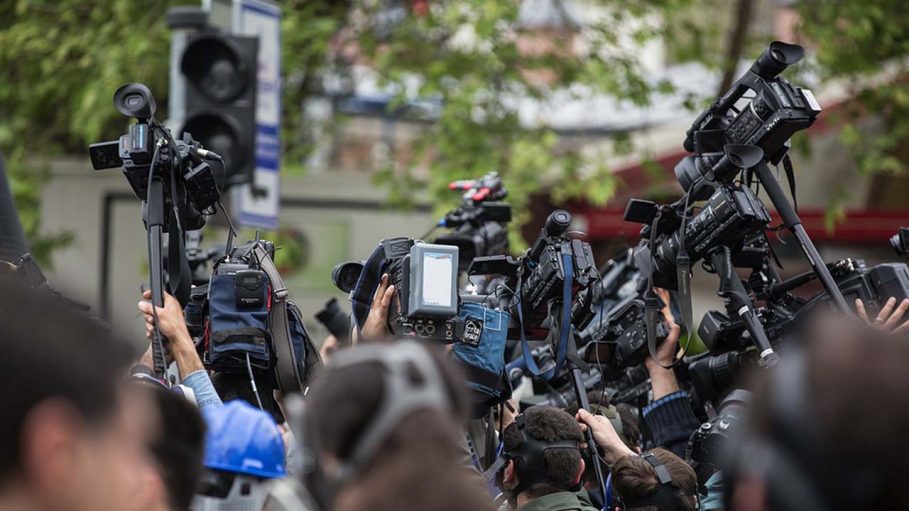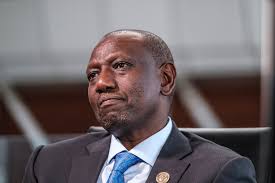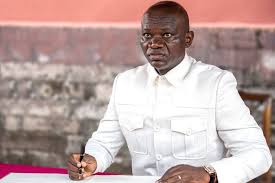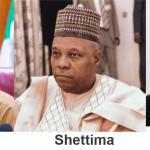NIGERIANS who campaign against the approval of TELA Maize by Nigerian Government are not terrorists, but have concern for environment and health of people, say activists.
This is in response to a remark made by Director-General, National Bio-safety Management Agency, (NBMA), Dr Rufus Ebegba that those campaigning against the approval of TELA Maize by his Agency were terrorists.
Join our WhatsApp ChannelEbegba had made the statement at a one-day workshop, organised by the Environment Media Correspondents Association of Nigeria (EMCAN) in Abuja.
TELA Maize is a Modified Organisms (GMOs) introduced in South Africa, Kenya, Tanzania and some other African countries, and recently approved by the Nigerian government through NBMA.
It is a project being funded by Bill & Melinda Gates Foundation, Howard Buffet Foundation and the United States Agency for International Development (USAID), with the maize variety being licensed by African Agricultural Technology Foundation (AATF) to local seed companies.
In a statement issued by Health of Mother Earth Foundation (HOMEF), the group said they are shocked that the DG of NBMA tagged as terrorists, those opposing the approval of TELA Maize which they found to be substandard GMO.
HOMEF said it demands that NBMA withdraw its approval of the product which it said has been found in some countries to be substandard, insisting that if the agency had done a thorough job, it would have discovered that the product is not good.
TELA Maize variety has been rejected by the United States and South Africa and Tanzania as they found it unfit for consumption, having failed in all clinical trials conducted to prove its qualities hyped by the promoters.
“It might interest Nigerians to know that the United States Department of Agriculture (USDA) found that the performance of the genetically modified maize variety acclaimed to be drought-tolerant is poor both in terms of yields and adoption by farmers when compared with non-genetically modified drought-tolerant maize.
“In October 2018, the South African bio-safety authorities rejected the GM maize for commercial growing as it found that data provided by Monsanto could not sufficiently prove the claimed drought tolerant and insect resistant capabilities of the maize event. There was neither yield nor agronomic performance advantage of the GM variety over the conventional varieties.
“In fact, the SA authorities found that the yields of the GM event were inconsistent and in some cases, the GM maize had lower yields than conventional maize, according to the kernel count per row and the kernel count per ear data,” HOMEF stated.
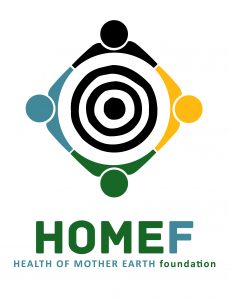
They said the cases of the ban of the product in different countries were compelling evidence that they are not safe for environment and consumption and added that the group would continue to oppose any move to approve substandard GMOs imported into the country.
The group also expressed worry that Nigeria and some other African countries were becoming dumping grounds for substandard GMOs and called on concerned citizens and stakeholders to speak against the ugly development and save Nigeria and African generally from the environmental and health consequence of the products, adding that there are better alternatives to green revolution agenda instead of projecting GMOs.
“We would continue to denounce the introduction of all unwholesome products, food, and seeds in Nigeria and we reiterate that Nigeria is neither an experimental field nor a dumping ground.
“It is obvious to any sincere observer that Nigeria is becoming a willing tool in the pursuit of destroying Africa’s biodiversity and entrenching industrial and extractivist forms of agriculture,” the group stated.



